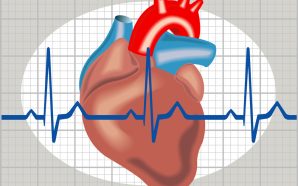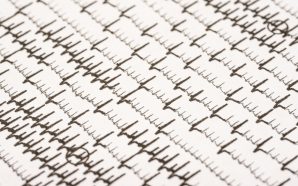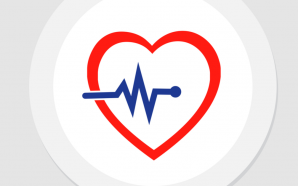-
AFib—known medically as Atrial Fibrillation—is a condition that affects the heart, causing it to beat irregularly. More specifically, the upper chambers of the heart will ‘quiver’ instead of pumping effectively. This is caused by the abnormal firing of electrical impulses. Although not always the case, people suffering from AFib...
-
For a majority of AFib (atrial fibrillation) patients, use of medications is the most effective treatment method. That said, research reveals that most individuals with AFib or heart conditions eventually stop using drugs due to their unwanted side effects or simply convincing themselves that they no longer require medications....
-
is a prescription oral drug typically used to treat high blood pressure. It is also being investigated for use in treating AFib – also known as Atrial fibrillation. Atrial fibrillation is a heart condition that is characterized by an irregular heartbeat. This occurs when the upper chambers of the...
-
In treating atrial fibrillation (AFib), the primary purpose is to correct the rhythm of the heart and circumvent the formation of stroke-causing clots. Using medications is often the most effective method of treatment for AFib patients. For maximum efficacy, familiarize yourself with the type of medications your doctor may...
-
Research shows that thousands of strokes that transpire in the United States are preventable if a larger number of patients with AFib—a condition that affects the rhythm of the heart—were placed on anticoagulants (blood thinners). AFib, also known as atrial fibrillation, is a condition where the individual has an abnormal...
-
For patients with atrial fibrillation (AFib), the primary purpose of all treatment options is to restore the rhythm of the heart to its normal rate and to keep stroke-causing blood clots at bay. Using medications is typically the best and most effective treatment approach for AFib patients. Medications are most...









